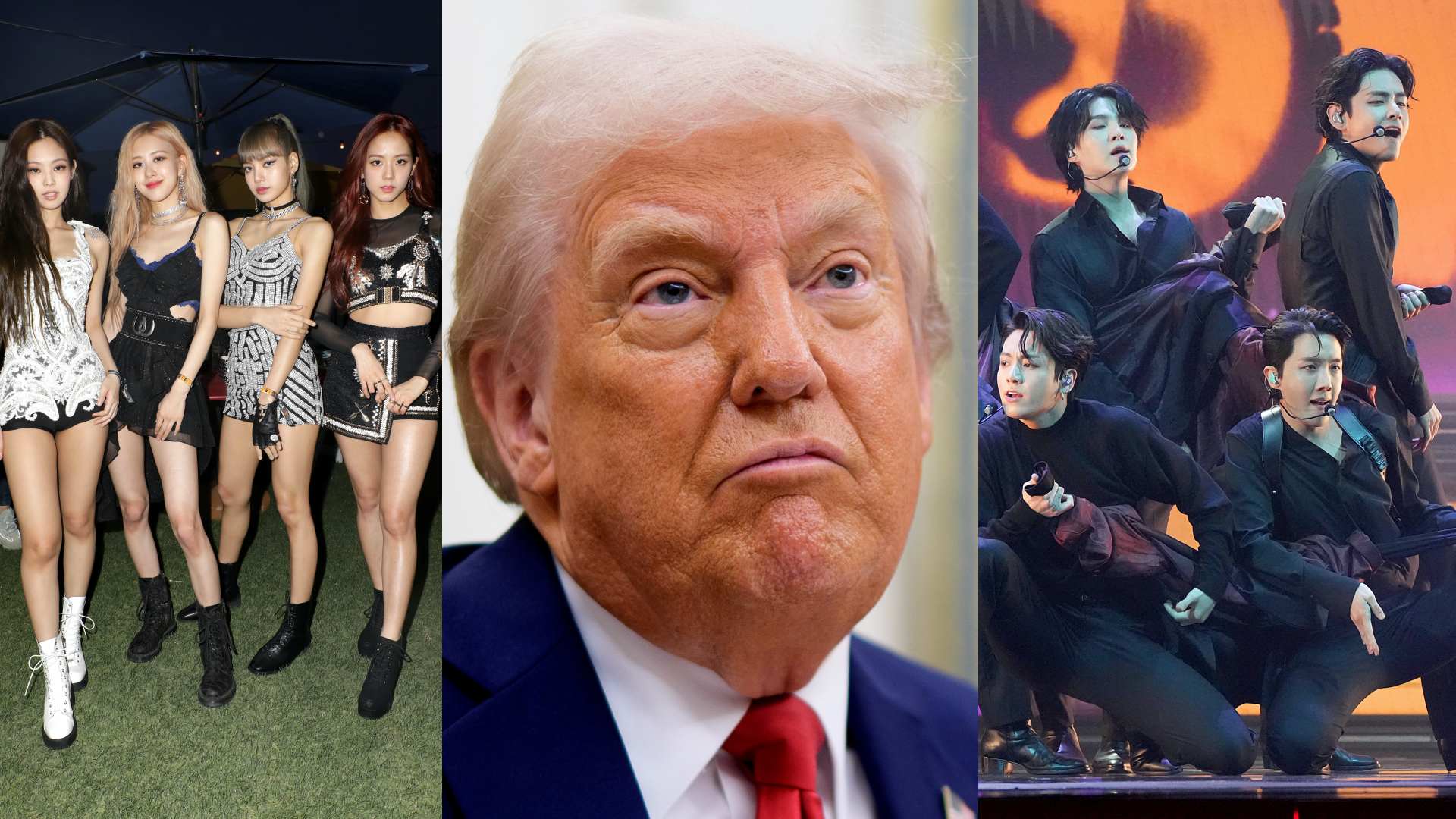
It probably won’t come as a surprise, but even such venerable essentials as listening to your favourite music and attending gigs by your favourite artists and bands are being hit hard by Trump’s tariffs.
And the bad news is that by being on the softer, ‘non essential’ side of life (you may be able to live without a new album from Poison, but try doing the same without food) the impacts are even farther reaching, potentially longer-lasting and impossible to predict. For when purses are squeezed and pockets are empty, spending on ‘fun’ is the first thing to fall by the wayside.
The result is that – in addition to the big picture slides you’ve seen on share indexes around the world, and the dip in stock prices on the likes of Tesla – there are near countless entertainment and music brands that are suffering even more.
Digital is no escape
For while the physical manufacture and importing of goods is largely a forgotten concern in this age of all digital distribution – and thus free from the material tariffs being levied – it’s the lack of consumer confidence and desire to flash cash during troubled times that leads to major pain.
Do you really need that streaming service? Can’t I just find it for free somewhere? These are exactly the kind of questions that are increasingly being asked.
In fact Billboard have reported that practically all music companies have suffered losses, “with a handful losing 13% or more of their value and most dropping by mid-single digits”.
Biggest hit have been music entities that rely on advertising – particularly in the U.S. market with radio hit hardest. iHeartMedia fell 13.1%, Cumulus Media dropped 10.1% and Townsquare Media sank 6.3%.
Satellite radio company SiriusXM lost 5.4%. Music streamer LiveOne, which has both subscription and ad-supported offerings, fell 12.9%. PodcastOne, the podcast company owned by LiveOne, dipped 10.3%.
And with live music an increasingly expensive luxury, those companies focused on the live arena are looking at short term losses and little optimism for improvement as the traditionally lucrative summer season begins.
Sphere Entertainment Co. fell 13.9%, its partners MSG Entertainment fell 6.8% and big-guns Live Nation dropped 6.4%. Secondary ticket marketplace Vivid Seats fell 9.6% and ticketing company Eventbrite sank 4.7%.
Worth pointing out that Sphere Entertainment – thanks to their large investment in a physical space in Las Vegas – has been doubly hit, losing cash on dwindling willingness to buy expensive tickets, plus the holiday and leisure industry’s decline as holidaymakers cancel their Vegas visits altogether.
Las Vegas Sands Corp. dropped 6.7%, MGM Grand International is down 9.3%, Caesars Entertainment fell 9.5% and the ultra-luxurious Wynn Resorts are down 10.6%.
Elsewhere the resilience of no longer relying on the physical movement of goods (or bodies) some music companies haven’t been as badly hit. The giant Universal Music Group is down 1.5% while Warner Music Group dropped just 0.7%.
It’s clear that companies with a large U.S. base and reliance are being hit hardest. Live music and ticketing companies based in the U.S. fell an average of 8.3% while German concert promoter CTS Eventim fell just 2.4%. Global streamer Spotify has so far weathered any big hit, falling just 1.2% despite a strong reliance on its ad-supported tier in the States.
But K-Pop is on the up
But it’s not all bad news.
With the desire to invest and make money from South East Asian markets still alive and well, it seems that cash is now flowing into South Korean entities less concerned by the movement of material goods.
In fact, K-Pop has become something of a safe haven for investors. JYP Entertainment and Hybe are up by 6.09% and 3.15% respectively being a 52-week high for both companies with shares in SM Entertainment and YG Entertainment close to reaching yearly highs.
And with BTS set to end their military service and get back to the far more serious business of synchronised singing and dancing, and girl band Blackpink set to start a world tour later this year, it seems there’s never been a better time to invest.
“The entertainment sector stands to gain significantly from the return of major intellectual properties like BTS and Blackpink, as well as minimal impact from US tariffs,” Shinhan Investment and Securities researcher Ji In-hae told the Korea Times.







